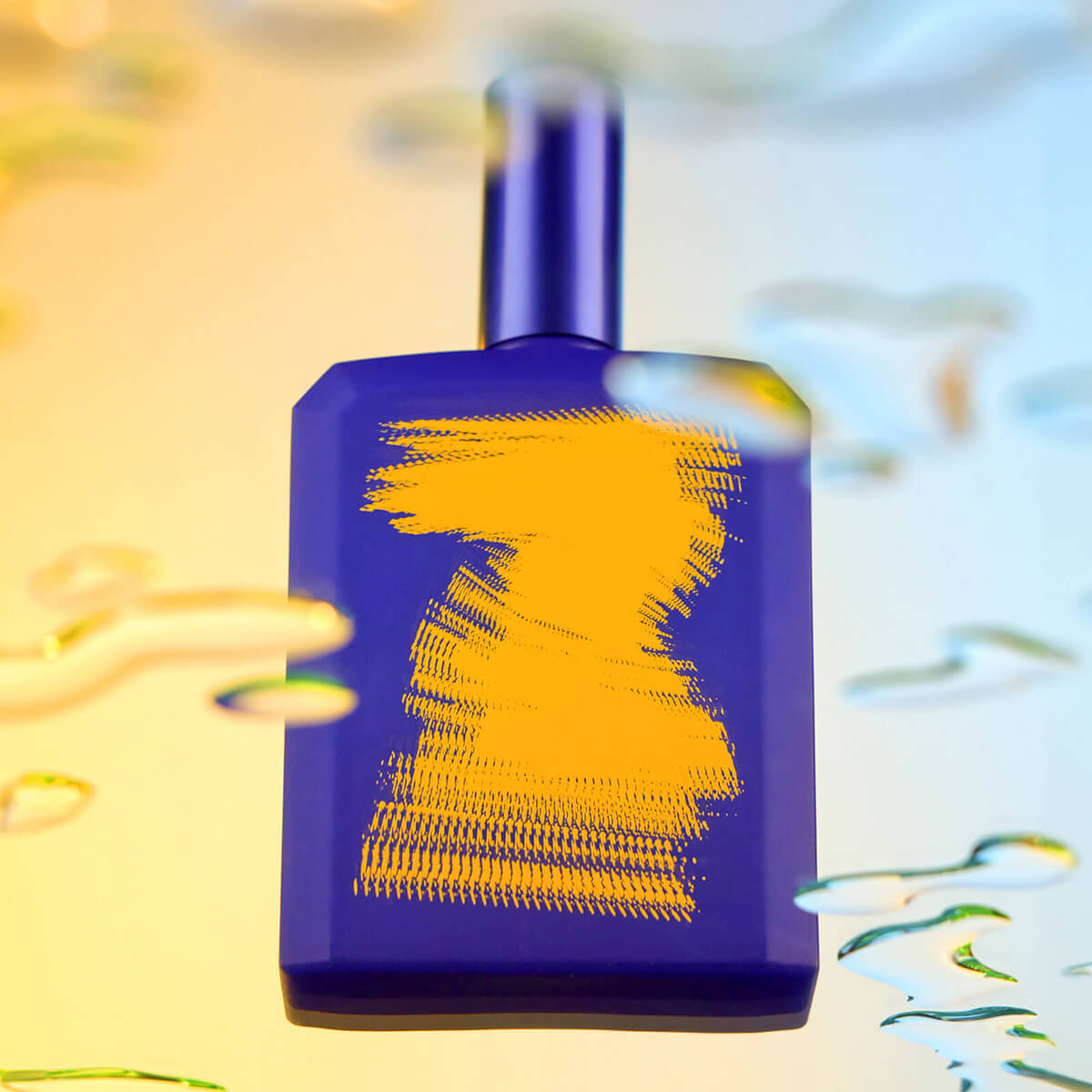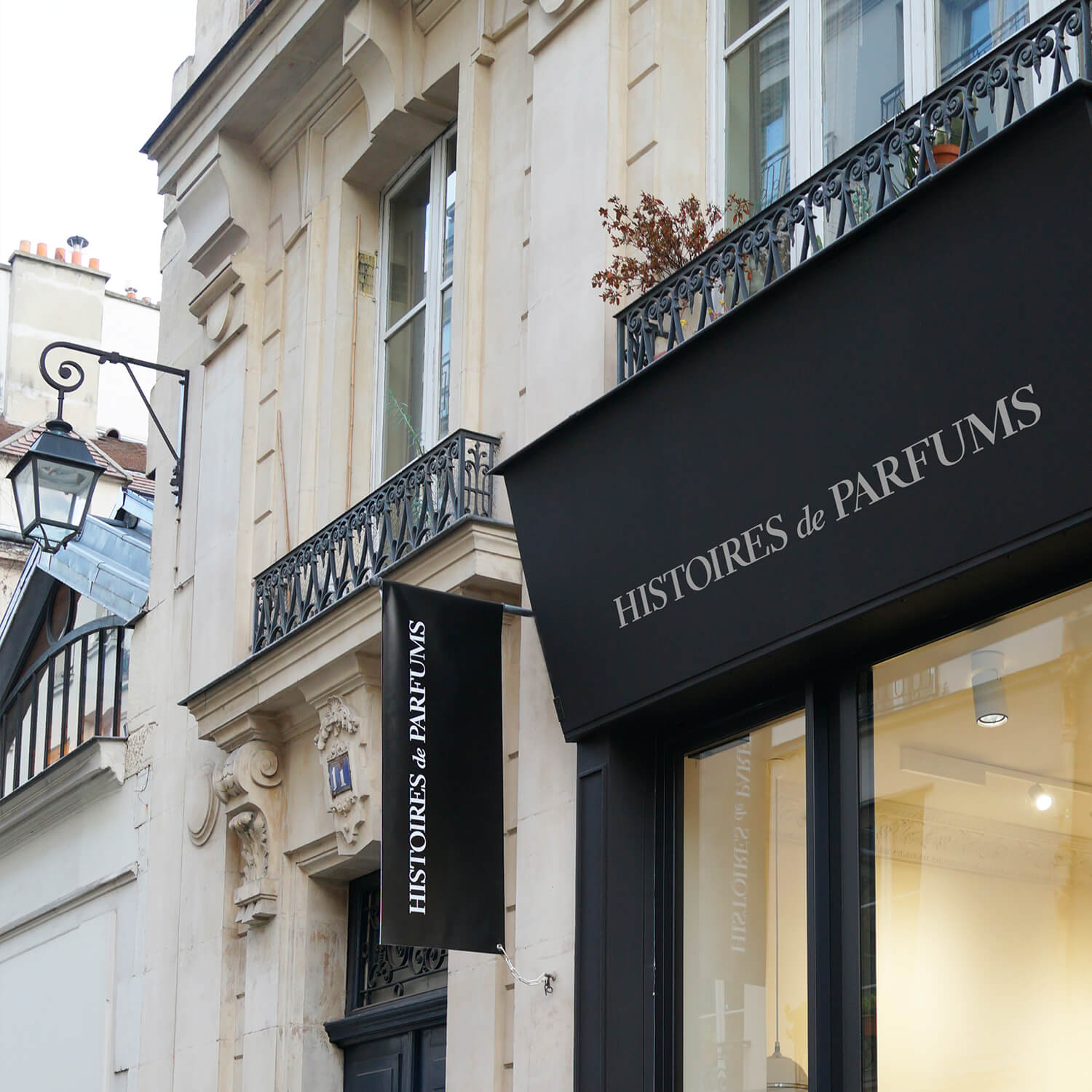September 20, 1946: The First Festival de Cannes

The Genesis:
In the thirties, the largest international festival dedicated to film was Mostra of Venice.But the growing influence of fasciste Germans and Italians on the jury, espcially in 1938 during the coupe Mussolini(the highest festival award) when the award which was supposed to go to an American film is awarded to two Italian and German propaganda films. In the same year, Philipe Erlangerwho, at the time was the director of the Association française d'action artistique, makes the decision to create a festival detached from all political pressures, in the train that is bringing him back to France after the festival of Venice.
The French government agrees to allow him to start the festival in 1939. With this, it was necessary to find a city that would host the event. There were numerous candidates including Cannes, Biarritz, Vichy, Deauville, Aux-les-Bain, Le Touquet, and Algeria. Cannes would officially become the host city, which is concretized when the French government signs the official contract of acknowledgment on May 31, 1939. Since June 1939, the media announces the establishment of this festival which will have its first show on September 1, 1939. However, Nazi Germany's invasion of Poland puts an end to this project. It's only at the end of World War II that the festival first comes to life.
The First
At the end of the war, everything needs to be rebuilt. Despite economic difficulties, the city of Cannes successfully raises the necessary funds to host the first festival.
First announced to showcase in March, the festival is postponed by 6 months. The first festival thus takes place on September 20, 1946. The festival faces many technical difficulties, especially during film screenings. Spools are inverted, power outages are frequent, and poor and sometimes inaudible sound quality causes frustration amongst spectators. However, despite these glitches caused by lack of time, every country present walk away with a prize. With this, and its high-quality selection of films, the first Cannes film festival is a real success.
Even the Italian press, to their own surprise, states that by the end of the event, the Cannes film festival had become the global hub of cinema. This declaration is unanimously supported by the public who believes that Cannes has superseded the Mostra de Venise.
A Long Ascent to becoming the festival of all festivals
After the war, cards are rearranged and numerous countries begin organizing their own film festivals. The Cannes film festival, despite its first success, faces a lot of competition. As a starting point, the Cannes film festival decides to have its opening in May, while other festivals have theirs in September. However, the most important publicity comes from the journalists themselves. At once in the tens during the first exposition, the number of journalists had increased to the hundreds in the early 1950's, and by 1952, there is an entire television broadcast dedicated to the event.
In 1955, the film festival becomes even more prestigious with the "Palme d'Or" created by the jeweler Lucienne Lazon. The American Delbert Mann will be the first to receive this award for his film "Marty".
The festival comes to face many challenges during the student protests of May 1968. Numerous renown film-makers unite to protest the early end to the Cannes film festival which should have ended on May 25, but did on May 19 instead without any award ceremony.
Despite this incident, the Festival resumes smoothly in 1969 without a hitch, and this time, it's the British film "If" by Lindsay Anderson that receives the Palme d'Or.
The Festival of all Festivals.
In the following years, the Cannes film festival continues to grow in popularity. Every year, thousands of journalists cover the event. Over the years, the festival begins to adopt categories such as "The top fifteen film-makers" or "A certain look".
Today, the Cannes film festival is the most mediatized film festival in the world. The famous walk up the step has become an indispensable trademark for all film stars. The 70th anniversary of the Cannes film festival was held in 2017, where Swiss film-maker Ruben Ostlung was awarded the Palm d'Or for his film "the Square".




Leave a comment
This site is protected by hCaptcha and the hCaptcha Privacy Policy and Terms of Service apply.